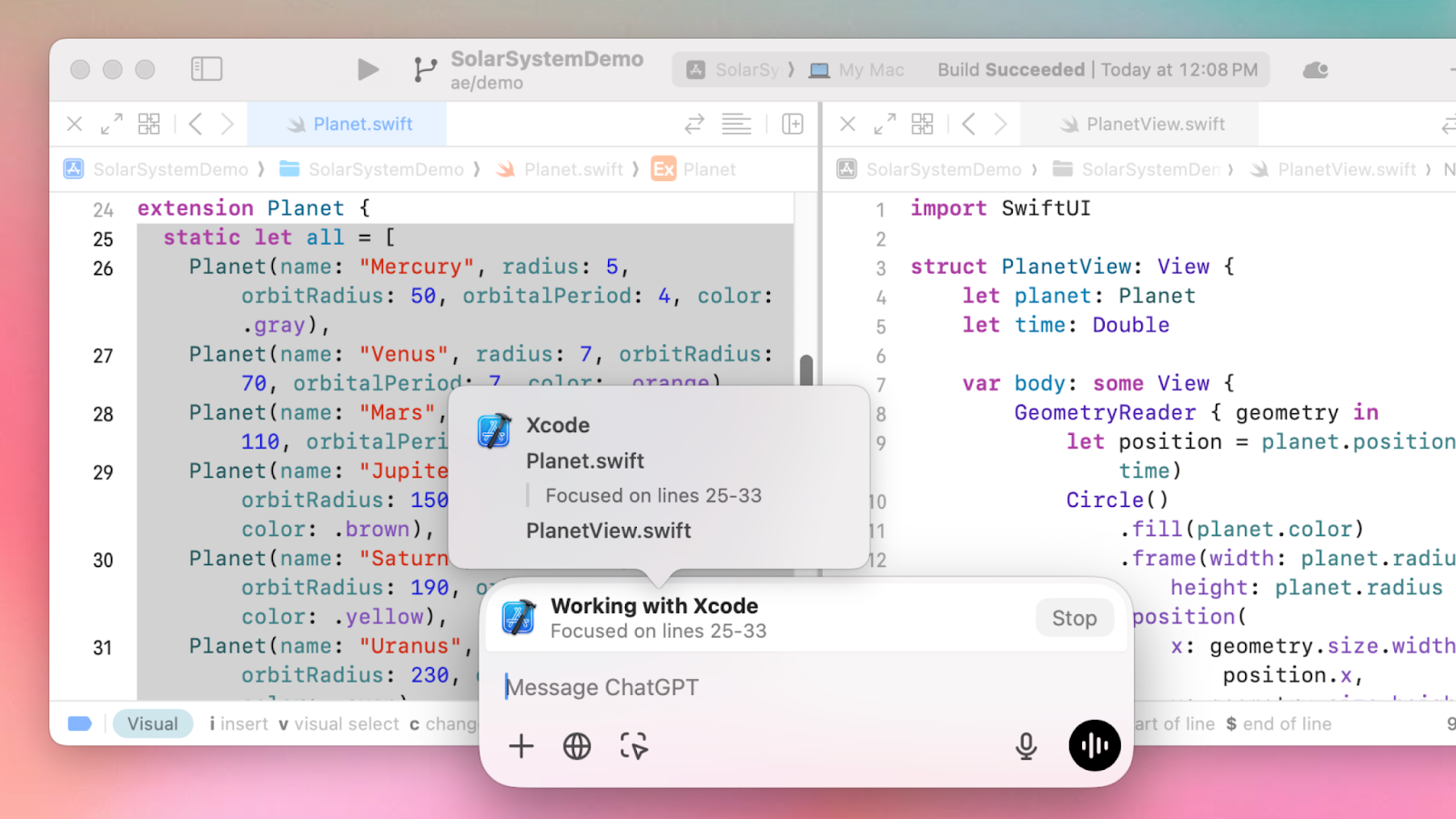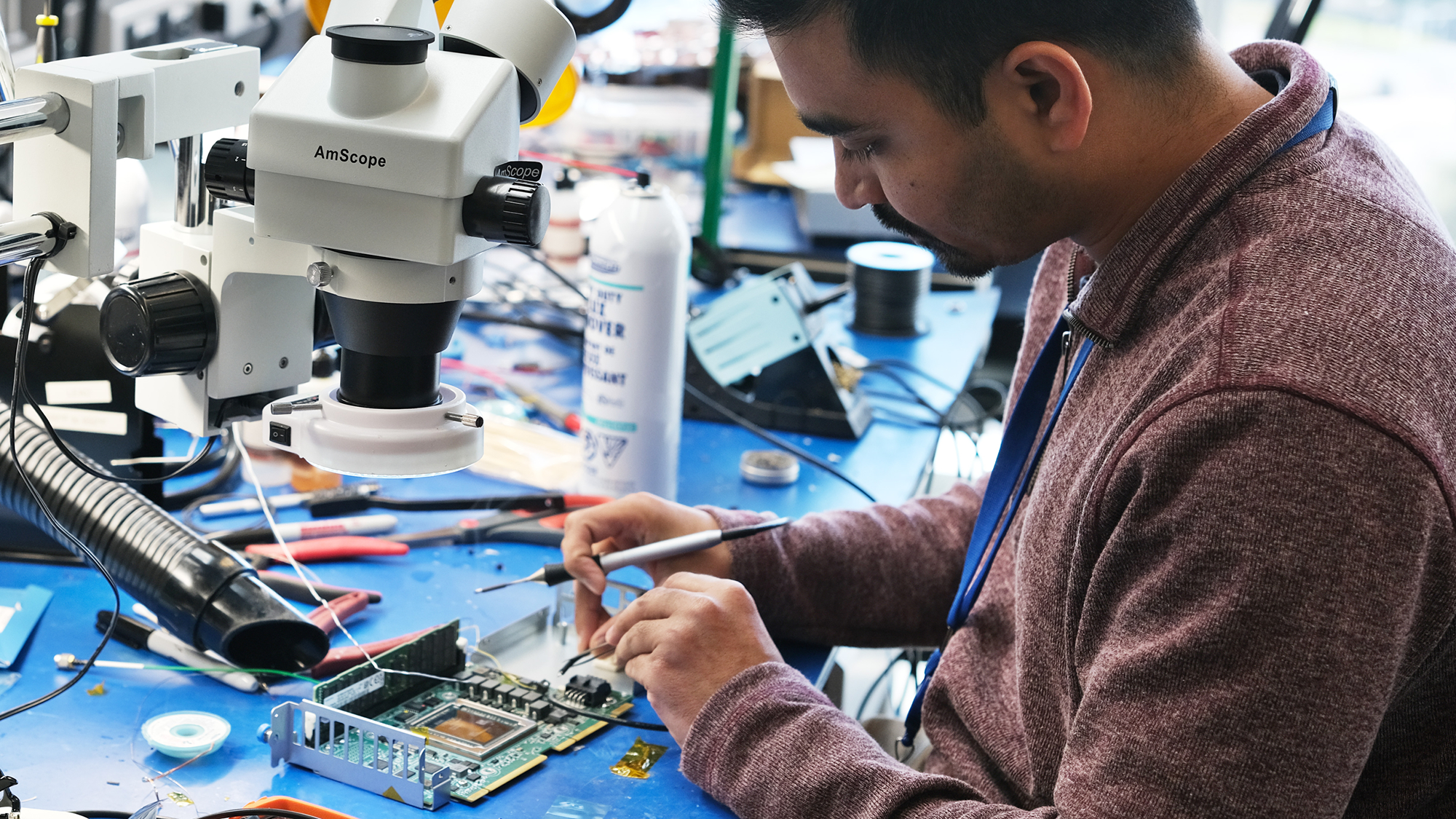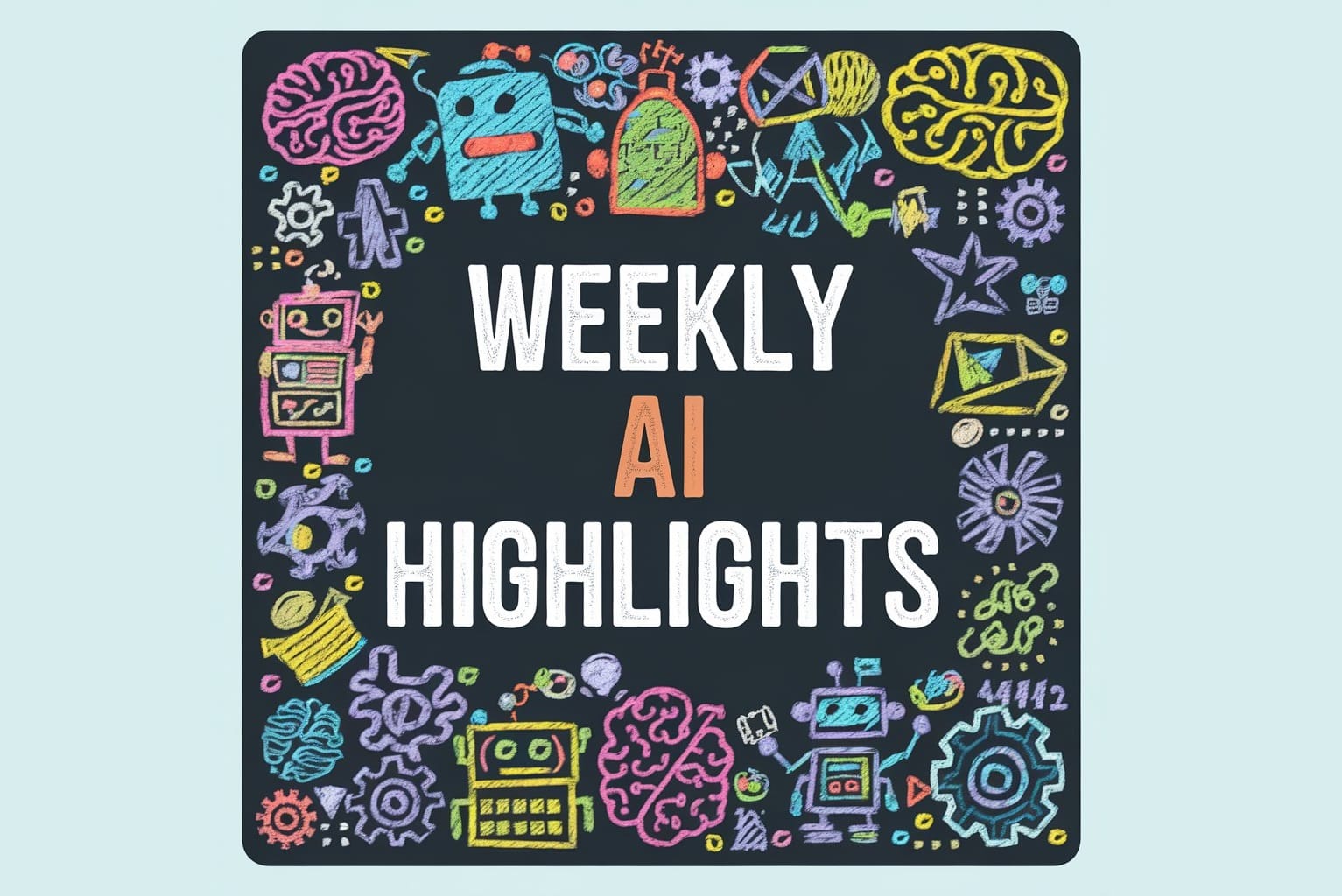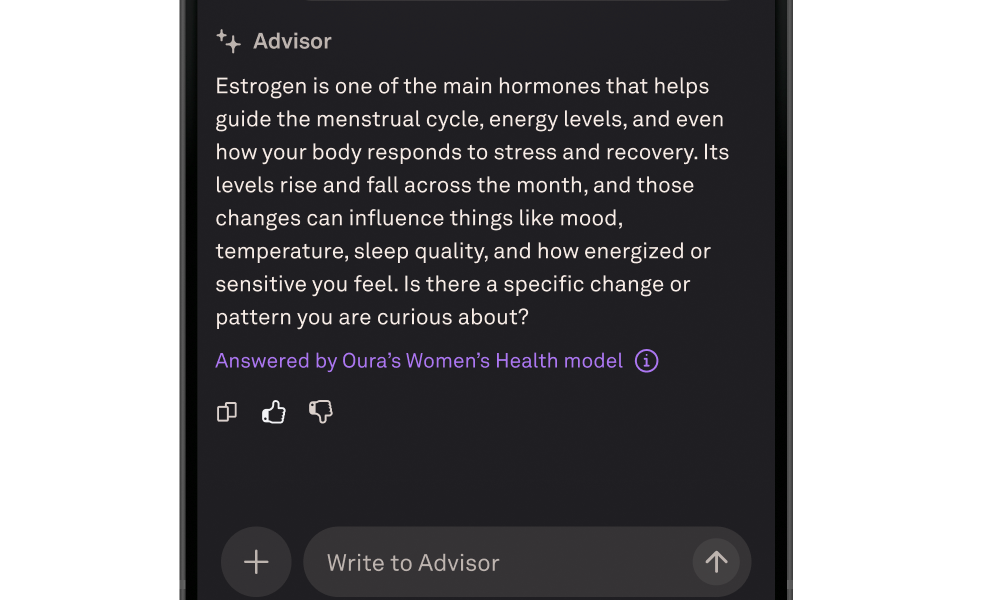Last week's reports of diminishing returns from traditional AI model scaling approaches were eclipsed by the revival of Elon Musk's lawsuit against OpenAI. The revised lawsuit, filed Thursday, adds ex-OpenAI board member Shivon Zilis and xAI as plaintiffs, and Microsoft, LinkedIn co-founder Reid Hoffman, former OpenAI board member and Microsoft VP Dee Templeton, and Attorney General of California Rob Bonta as defendants.
New claims made in this updated lawsuit include that OpenAI is actively trying to eliminate its competition by getting investors not to fund them, that xAI has been harmed by, among other things, the incapability to obtain computing resources from Microsoft in terms as favorable as OpenAI. More generally, the lawsuit aims to establish that OpenAI is unlawfully monopolizing the generative AI market and that it is doing so by unfairly benefiting from Microsoft's resources in what the document calls a 'de facto merger'.
Notably, the lawsuit document presents the plaintiffs' spin on the November 2023 events in which OpenAI CEO Sam Altman was briefly fired by the OpenAI board, and hired by Microsoft, only to be reinstated as OpenAI's CEO again. According to the document, this episode serves as evidence of the dominance and control the tech giant exerts over the startup, and is presented in and attempt to lend some substance to the main claim in the lawsuit: that OpenAI has broken antitrust laws by partnering with Microsoft. As with previous attempts, OpenAI is looking to dismiss the lawsuit. Regarding the lawsuit, an OpenAI spokesperson has said: "Elon’s third attempt in less than a year to reframe his claims is even more baseless and overreaching than the previous ones."
This is not to say that the reports of diminishing returns did not make a dent in the perception of the current standing of AI. In the aftermath of the multiple reports about a slowdown in progress, Anthropic CEO Dario Amodei sat down for a five-hour podcast interview covering a selection of topics surrounding Claude's development, the scaling laws, AGI and the future of AI and the humanity. Amodei remained optimistic during the interview, even if he also dodged the matter of Claude 3.5 Opus' availability by mentioning in passing that it will be launched "at some point".
Anthropic is reportedly working on its own version of "test-time compute", the latest scaling strategy which involves giving models more resources at the time of inference to come up with a more accurate and nuanced response to prompts, and was first exemplified by OpenAI's new o1 model, which according to Altman, is the new priority of the company along with its successors. Anthropic has also made great strides in the "agentic AI" realm by introducing its computer use API, which enables Claude 3.5 Sonnet to analyze screenshots to interact with applications, moving a cursor around screens, clicking on appropriate elements, and inputting text through a virtual keyboard.
Indeed, it seems as though the reports of slowed progress may have prompted proponents of agentic AI and AI-assisted coding to start moving faster, as these AI applications are often touted as some of the most promising, in terms of boosting productivity and revolutionizing the way we work. As evidence, there is Anysphere's acquisition of Supermaven, the AI-powered assistant available through a plugin for many popular coding editors. Anysphere is the company behind Cursor, one of the most popular AI-powered coding assistants, which lives in its own editor. The Cursor and Supermaven teams will join forces to develop what they hope will be the ultimate AI-first coding editor.
Tessl, a startup founded by Snyk creator Guy Podjarny, is taking the idea of AI-assisted software development one step further. Tessl aims to become a platform where developers can create and edit specifications in natural language, and have supervised AI systems generate and maintain the code that satisfies the provided specifications. This overarching approach will tentatively also allow developers to maintain code created through more traditional ways, including with the assistance of current AI-powered coding copilots. The startup announced this week it raised $125M over two funding rounds, and has launched an early adopter waitlist in advance of its planned 2025 full launch.
Finally, OpenAI doesn't seem to want to fall behind in the new wave of AI-powered agents. The company has released an early beta called "Work with Apps", which enables the macOS ChatGPT app to "read" the contents of some developer-centric macOS apps Xcode, VS Code, TextEdit, Terminal, and iTerm. In a way, Work with Apps is the company's response to Claude's computer use API, and the proof that it is working on more "agentic" applications for its flagship product ChatGPT. Work with Apps is available for ChatGPT Pro and Team users, and will launch for Enterprise and Edu customers in a few weeks.

Other notable headlines this week include:
Google DeepMind has made the code and weights for AlphaFold 3 available to researchers: After facing criticism for undermining the reproducibility and transparency of science, Google DeepMind has released the source code for AlphaFold 3 for anyone to access. Additionally, researchers with an academic affiliation can request access to the model's training parameters.
Red Hat acquired inference performance engineering startup Neural Magic: Red Hat is acquiring Neural Magic, an MIT spin-off specializing in AI inference optimization, to help make large language models more accessible and cost-effective across hybrid cloud environments.
Enterprise AI platform Writer secured $200M in Series C funding at a $1.9B valuation: Writer, an AI company that developed the Palmyra language model series, has secured $200 million in Series C funding at a $1.9 billion valuation to expand its enterprise-focused generative AI platform and hail the next generation of AI applications and agents for use cases.
Amazon's "Build on Trainium" will allocate up to $110M in credits for a new research cluster: Amazon is investing $110 million in its Build on Trainium program to provide academic researchers access to powerful AI computing resources and support open-source AI innovation through university partnerships.

DeepL Voice can instantly provide translated captions for live or virtual conversations: DeepL, the German AI translation company, has launched DeepL Voice, a solution that leverages the startup's proprietary translation models to deliver translated captions in virtual meetings on Microsoft Teams, and one-on-one in-person conversations through a mobile device.
Credit: DeepL
Credit: DeepL
Stepful raised a $31.5M Series B for its learning platform for US-based healthcare entry-level positions: Stepful, an AI-powered healthcare education platform, has raised $31.5M in Series B funding to expand its successful training programs that combine virtual instruction with hands-on experience. The funding will enable Stepful to continue addressing the growing healthcare worker shortage in the US.
Gendo has raised €5.1M in seed funding for its AI-powered design visualization platform: Gendo, an AI-powered platform that turns sketches and text prompts into high-quality visualizations, has raised €5.1M in seed funding four months after launch. The company already serves major architectural firms; over 50,000 images have been generated for 5,000 projects through its platform.
The European Commission published the 'General-Purpose AI Code of Practice' first draft: The first draft of the EU's General-Purpose AI Code of Practice, developed by independent experts, will undergo discussion with 1,000 stakeholders. Following three more drafting rounds ending in April 2025, the final document will establish comprehensive guidelines for AI providers.
British telecom Virgin Media O2 enlisted an "AI granny" to fight scammers: Virgin Media O2 has launched dAIsy, an AI-powered chatbot that poses as a grandmother to engage and waste scammers' time by keeping them on the line with meandering conversations about knitting, family, and pets. The company claims dAIsy has already wasted hundreds of hours of scammers' time, as evidenced by the following video, which reportedly features real conversations between dAIsy and scammers:
Microsoft and the Royal Bank of Canada are the founding buyers of carbon removal project Deep Sky: Microsoft has partnered with Deep Sky, the world's first carbon removal innovation and commercialization center. Deep Sky brings together eight DAC technologies to test and validate their scalability and potential for long-term carbon removal.







Comments